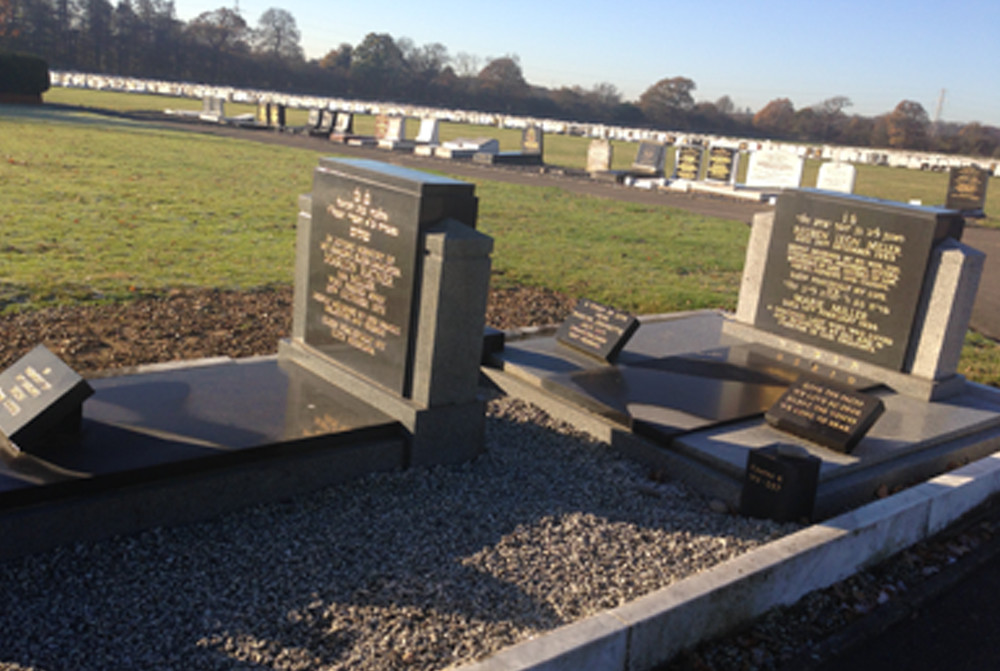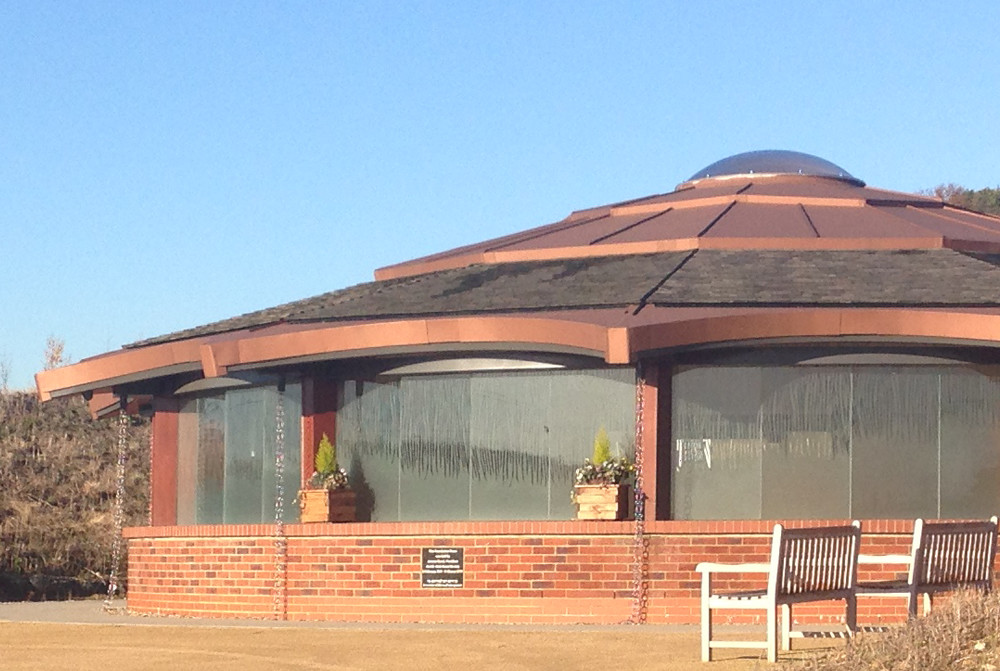jewish funeral customs for gentiles
When death occurs there are many Jewish traditions customs and rituals that individuals use as a guide and follow relating to the caring and preparation of the body pre-burial the actual burial and service at the cemetery along with the weeklong mourning period or shiva that followsMost notably Judaisms structured period of mourning which contains various stages. And although the rabbis at one time permitted funerals on the first day of a festival provided that certain functions were performed by gentiles and regarded the second day of yom tov as a weekday as far as the dead are concerned Beẓah 6a some modern communities prefer postponement.
The first week after the funeral is known as shiva literally seven.

. As a general rule when the hearse arrives at the cemetery it stops. The first seven days following the funeral is known as shiva and the mourners generally stay at. In many Jewish funeral customs there will be a few eulogies.
However because many Jews practice dietary laws of Judaism you should not bring non-kosher meals to the home. Women may also be required to cover their hair. I am sorry for your loss.
Jewish funeral customs for gentiles Sunday March 6 2022 Edit While one is still alive one should make it clear to loved ones that his or her funeral must adhere to. Depending on the specific Jewish tradition and the synagogue a yarmulke may be required for men. You are correct that flowers are not traditional at Jewish funerals.
Funerals may not take place on the Sabbath or on the Day of Atonement. Jewish mourners can give fruit baskets or food trays to their loved ones for religious funerals since shiva prohibits eating and cooking during the funeral. Traditionally shiva lasts for approximately seven days and begins on the day of a Jewish funeral or burial.
Within the Jewish tradition unless the family chooses to make the interment private its customary for mourners friends and relatives to accompany the deceased to the burial site and assist with the interment. In Reform funerals people then often express their condolences to the family members of the deceased before the actual burial. By ultra-orthodox Jewish funerals women should cover their hair with a hat or handkerchief.
The shiva period is announced at the funeral service. Jewish Condolence Etiquette. Nothing you say is going to fix it.
Jewish funerals can take place in a variety of locations. Men should dress simple in a tie and suit sometimes a Kippah Skullcap Yarmulke will be given out to attendees and you should dress it. During Shiva mourners usually share stories and.
An open casket or cremation is not generally accepted in the Jewish tradition. Jewish tradition offers very specific recommendations for gradual reentry into normal life. The prohibition against non-Jewish practices might relate to the practices of ancient Egypt Canaan or the social and philosophical ways of non-Jews today.
There is no visitation by friends in the presence of the body before the funeral. If so extras will customarily be available as you come in. It is not appropriate to give flowers at a Jewish funeral but it is acceptable to bring food.
Jewish Funerals and Burial. In traditional funerals people attending the funeral but not the burial may escort the dead fulfilling the mitzvah of leveyat hamet by walking behind the hearse for a short distance. The Jewish funeral service typically includes prayers by the rabbi and may also include eulogies by the rabbi andor family members.
Shiva is the seven days of mourning after the funeral of a loved one. Maimonides specifically mentions a diverse range of prohibited Gentile customs including haircuts and using non-Jewish architectural models. The Way of the Gentiles.
The Proper Etiquette for a Jewish Graveside Service. A Jew who is a Cohen a descendant of the priestly class will only attend the. Not only is it a sign of respect but also support.
This type of structured mourning provides the family with time and space to mourn the loss of the deceased. It is a Jewish. Say I am so sorry if you must but in Jewish tradition there is no need to say anything at.
During this time people will make a shiva-call which is the offering of condolences. The officiant for the service typically a rabbi or the funeral director will undoubtedly walk the family through the customs for the funeral service and burial itself so that they c. He purchases a lavish casket and wreaths of flowers which are beyond his means-against Jewish tradition which teaches simplicity and equality in death.
During this period the mourners are treated with the utmost care and respect. Judaism is filled with intricacies of ritual including sitting shiva. Make a charitable donation in the name of the deceased person or to a charity selected by the deceased.
No one should exit the building in front of the deceased except those who must do so in order to carry the bier. In this day and age however shiva lasts at least three days. The body is placed in a simple wood coffin so as not to disturb its natural decomposition.
Others occur in multiple locations-starting at the synagogue or a funeral home and then processing to the cemetery. He agrees to visitation hours in the funeral chapel for several days with his mothers body on display-against Jewish tradition which teaches that the face of the dead should be covered and that the funeral should take place as. Based on Jewish laws traditions and customs a Jewish funeral usually takes place within one day following the date of death and these are solemn and reflective services followed by a gathering at the mourners home which marks the beginning of shiva.
According to traditional practices the funeral is usually held in a synagogue or funeral home the day after the death. Answer 1 of 3. Women should wear a dress.
After the memorial service everyone joins the funeral procession escorting the deceased to the grave for burial. Traditionally burial takes place as soon as possible-within 24 hours. Timing of the service.
What will help most is your presence at the funeral or at shiva more about that in a minute Take their hand. Some funerals are exclusively graveside.
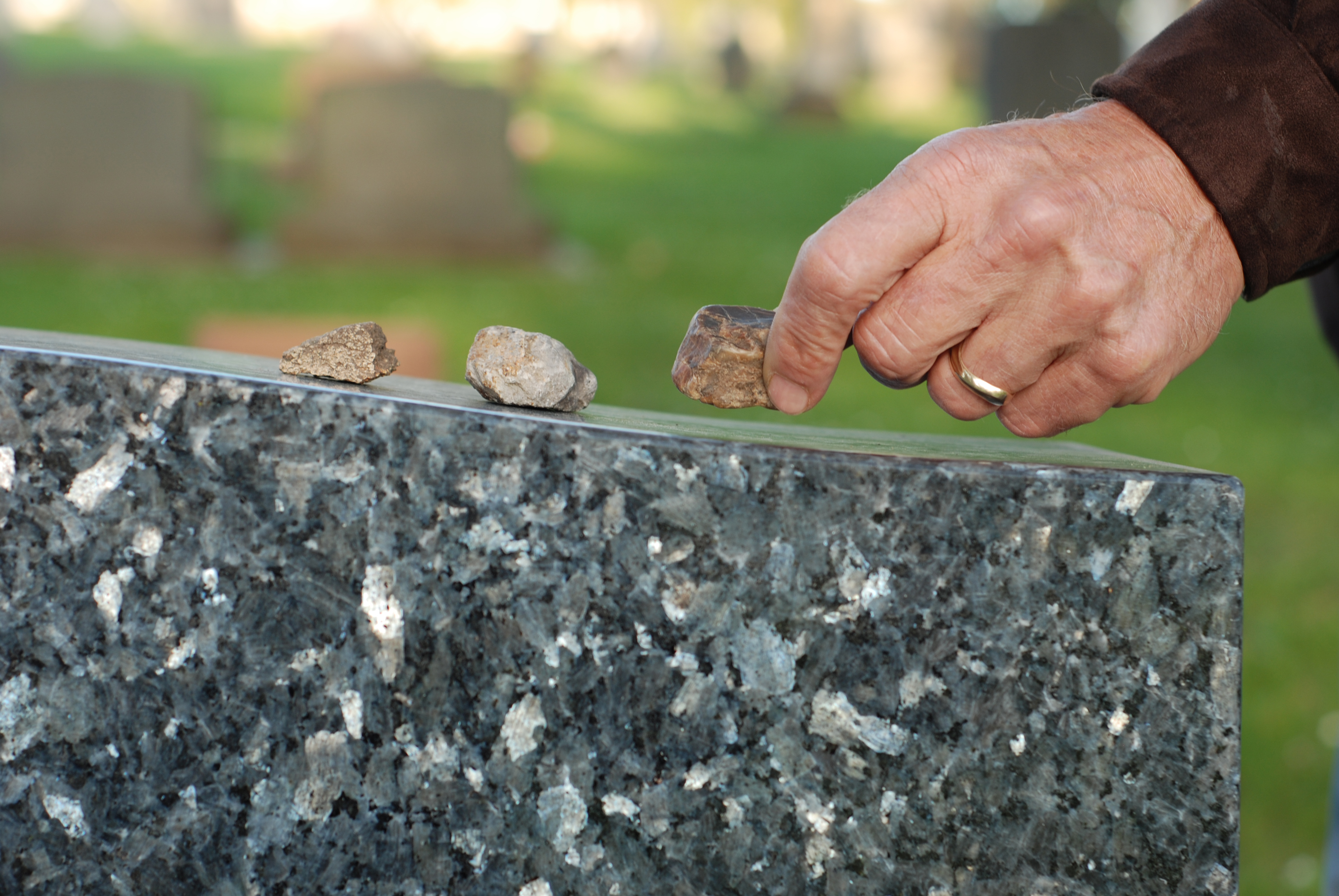
Jewish Funeral Etiquette For Non Jewish People Gutterman S Jewish Funeral Homes New York Fl

Jewish Traditions For Death Burial And Mourning Rohatyn Jewish Heritage

Basic Laws Of A Jewish Funeral Death Mourning
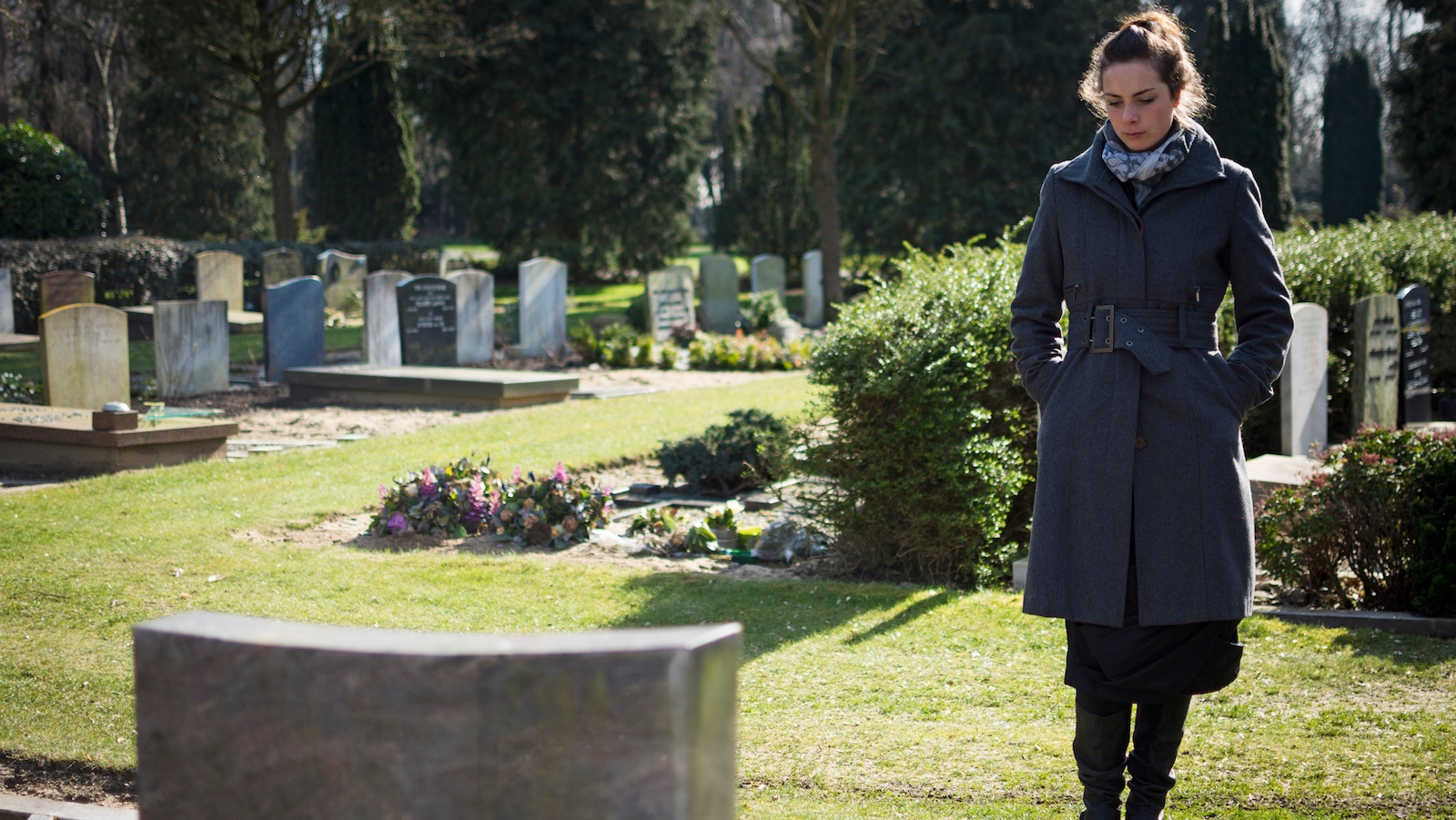
Mourning Non Jewish Loved Ones A Reform Perspective My Jewish Learning

Jewish Mourning Customs Expressing Your Sympathy Gutterman S Jewish Funeral Homes New York Fl

Buy Jewish Funeral Dress Code Cheap Online

10 Tips For Attending A Jewish Funeral Unusual Headstones Funeral Etiquette Jewish

The Physicality Of Death Burial And Mourning In Judaism

9 Dos And Don Ts Of Funeral Etiquette Funeral Etiquette Funeral Planning Etiquette
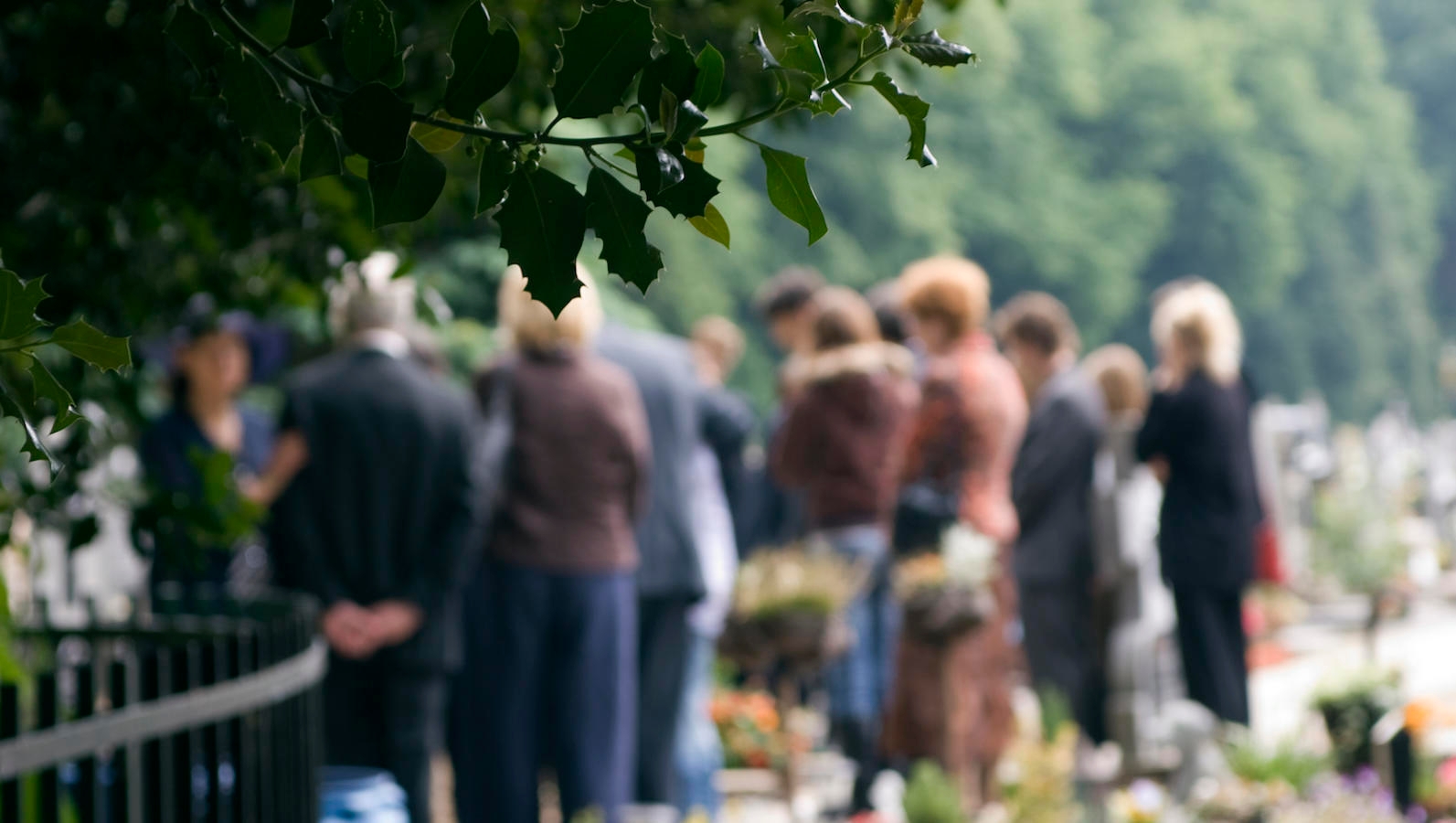
Jewish Mourning Faq My Jewish Learning
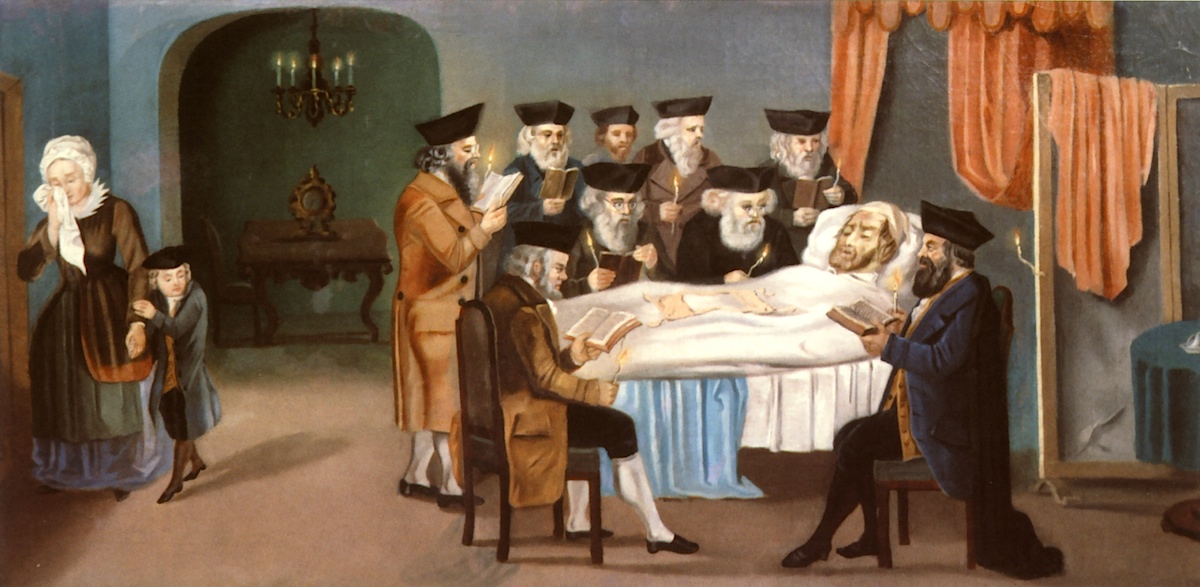
Jewish Traditions For Death Burial And Mourning Rohatyn Jewish Heritage

Jewish Traditions For Death Burial And Mourning Rohatyn Jewish Heritage
Tahara Supplies For The Chevra Kadisha Jewish Funerals Burial And Mourning

Cemetery Grave And Tombstone In Judaism Death Mourning

Jewish Funerals Traditions Customs Etiquette Cake Blog

Jewish Traditions For Death Burial And Mourning Rohatyn Jewish Heritage


